
  
 
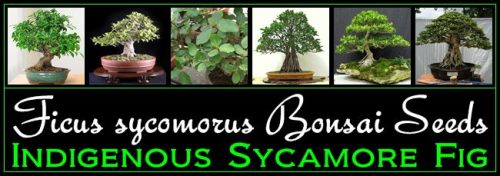
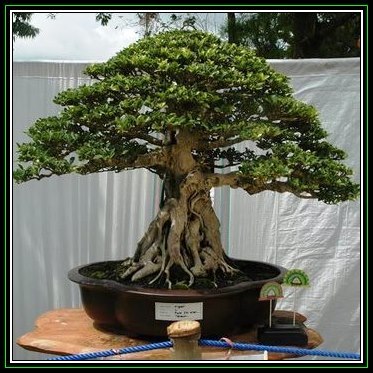
Ficus is a pan-tropical genus of about 850 species of woody trees, shrubs, vines, epiphytes and hemiepiphytes in the family Moraceae. Ficus occupies a wide variety of ecological niches; most are evergreen, but some deciduous species are endemic to areas outside of the tropics and to higher elevations. Fig species are characterized by their unique inflorescence and distinctive pollination syndrome, which utilizes wasp species belonging to the Agaonidae family for pollination. The fruit of most species are edible though they are usually of only local economic importance or eaten as bushfood. However, they are extremely important food resources for wildlife. Figs are also of considerable cultural importance throughout the tropics, both as objects of worship and for their many practical uses. 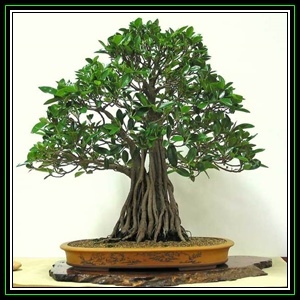 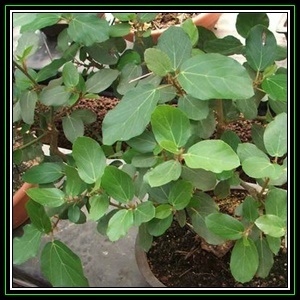 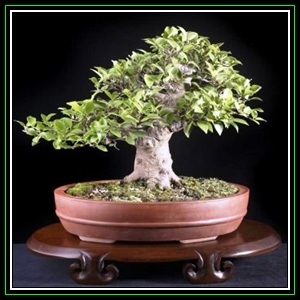
  Ficus sycomorus, called the Sycamore Fig or the Fig-mulberry (because the leaves resemble those of the Mulberry), sycamore, or sycomore, is a fig species that has been cultivated since ancient times. Ficus sycomorus is indigenous to South Africa where it can be found growing in Limpopo Province. It is also native to Lebanon, Southern Arabian Peninsula, Cyprus and in localized areas in Madagascar, and has been naturalised in Israel and Egypt. In its native habitat, the tree is usually found in rich soils along rivers and in mixed woodlands. Ficus sycomorus, called the Sycamore Fig or the Fig-mulberry (because the leaves resemble those of the Mulberry), sycamore, or sycomore, is a fig species that has been cultivated since ancient times. Ficus sycomorus is indigenous to South Africa where it can be found growing in Limpopo Province. It is also native to Lebanon, Southern Arabian Peninsula, Cyprus and in localized areas in Madagascar, and has been naturalised in Israel and Egypt. In its native habitat, the tree is usually found in rich soils along rivers and in mixed woodlands.  It makes a very attractive bonsai but when Ficus sycomorus is planted in open soil it grows to 20 m tall and 6 m wide with a dense round crown of spreading branches. The leaves are heart-shaped with a round apex and arranged spirally around the twig. They are dark green above and lighter with prominent yellow veins below, and both surfaces are rough to the touch. The fruit is a large edible fig, 2–3 cm in diameter, ripening from buff-green to yellow or red. They are borne in thick clusters on long branchlets or the leaf axil. Flowering and fruiting occurs year-round, peaking from July to December. The bark is green-yellow to orange and exfoliates in papery strips to reveal the yellow inner bark. Like all other figs, it contains latex. In the Bible, the sycomore is referred to seven times in the Old Testament and once in the New Testament. It makes a very attractive bonsai but when Ficus sycomorus is planted in open soil it grows to 20 m tall and 6 m wide with a dense round crown of spreading branches. The leaves are heart-shaped with a round apex and arranged spirally around the twig. They are dark green above and lighter with prominent yellow veins below, and both surfaces are rough to the touch. The fruit is a large edible fig, 2–3 cm in diameter, ripening from buff-green to yellow or red. They are borne in thick clusters on long branchlets or the leaf axil. Flowering and fruiting occurs year-round, peaking from July to December. The bark is green-yellow to orange and exfoliates in papery strips to reveal the yellow inner bark. Like all other figs, it contains latex. In the Bible, the sycomore is referred to seven times in the Old Testament and once in the New Testament.


  

  

|